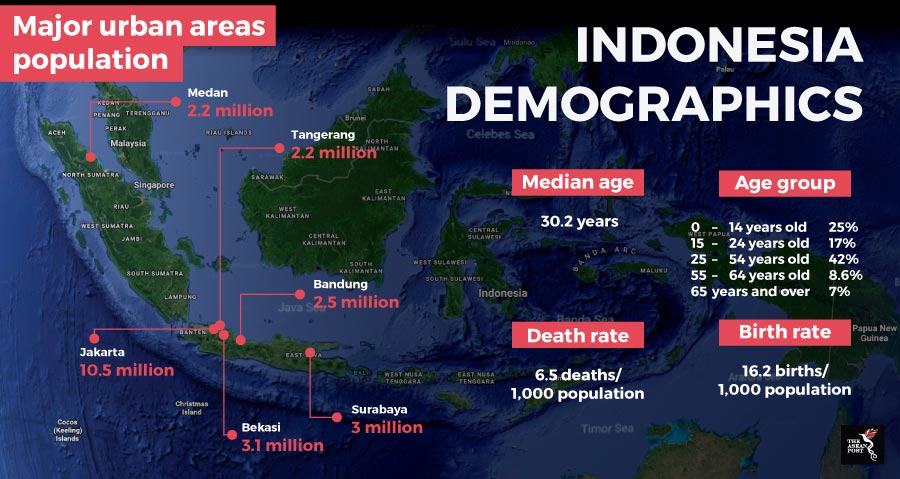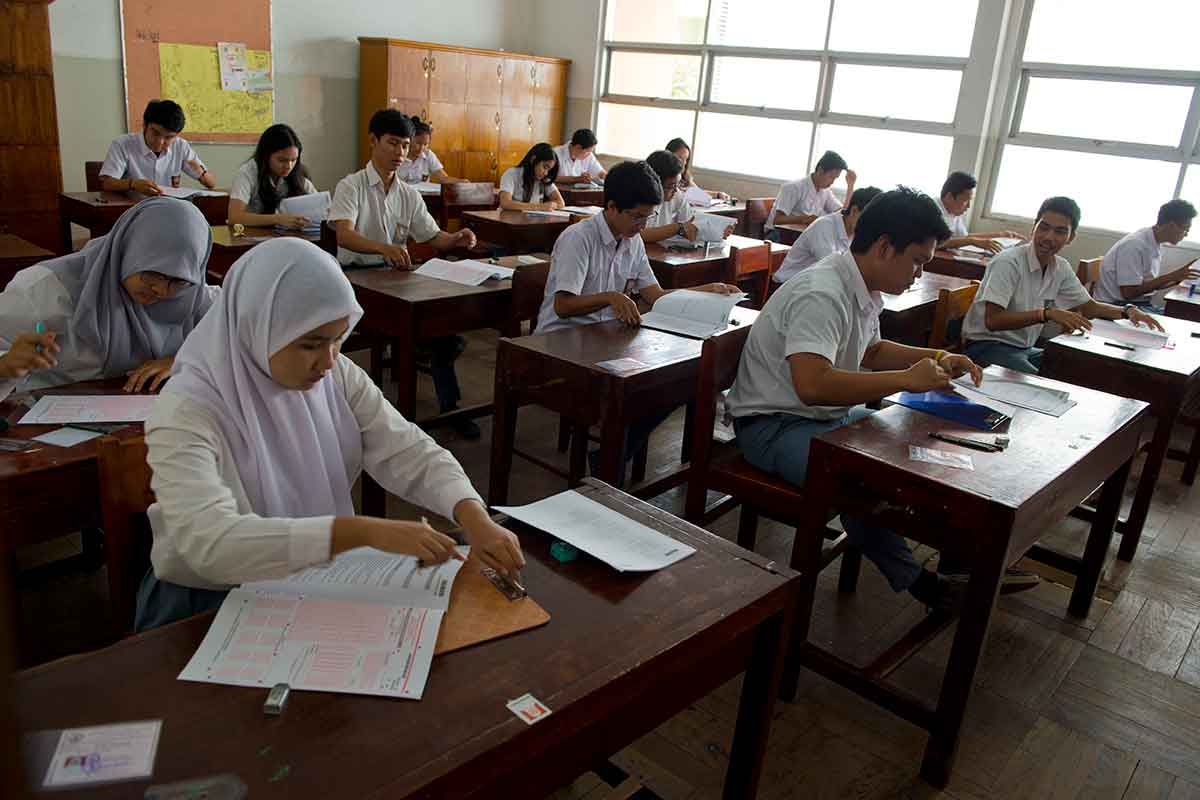Less than two weeks ago, Alibaba Group co-founder Jack Ma revealed that he was in discussion with the Indonesian government regarding the possibility of opening an institute to train tech entrepreneurs in the country. This, he said, would help Indonesia meet the skill demands of Industry 4.0, also known as the Fourth Industrial Revolution (4IR). Speaking on the side-lines of the International Monetary Fund (IMF) and World Bank meetings in Bali, Ma, who is also an adviser to the Indonesian government for e-commerce, revealed that Alibaba was also planning to train hundreds of developers and engineers on cloud computing to help make Indonesian businesses more digital-savvy.
Ma’s proposal comes as a real blessing as reports earlier this month revealed a lack of high-skilled talent in the country. In an interview, Tom Lembong, the nation’s investment board chief provided some interesting insight into the challenges of creating high-skilled talent when he spoke of a conversation he had with a local partner to a Chinese company that has invested US$5 billion in an industrial park in Central Sulawesi.
“The local partner told us they posted jobs for 500 positions. Nine people signed up," he said.
In fact, as far back as 2016, the problem of a high-skilled labour shortage had been highlighted in a report which quoted educationists, economists and business leaders. Eko Prasetyo, director of the Education Fund Management Institution, an arm of the Indonesian Ministry of Finance, said then that the problem was quality skills and productivity.
“We have to produce more engineers. We have to produce more researchers. We can’t just be an economy led by natural resources,” he enthused.
According to the Ministry of Research, Technology and Higher Education, out of Indonesia’s six million university and postgraduate students, 20 percent are majoring in Islamic studies and more often than not, these graduates won’t find work in their chosen field of study.
A good position
But it’s not all doom and gloom for Indonesia. Unlike many other ASEAN countries, Indonesia’s population is not an aging one.
According to the Central Intelligence Agency’s (CIA) World Factbook, 25 percent of Indonesians are between 0 to 14 years old, 17 percent are between 15 to 24 years old, 42.4 percent are 25 to 54 years old, 8.6 percent are 55 to 64 years old and only seven percent are 65 years or older.
 Source: Central Intelligence Agency World Factbook
Source: Central Intelligence Agency World Factbook
On top of that, there is a lot of potential in Indonesia if We Are Social’s global digital report 2018 is anything to go by. According to the report, Indonesia came in third for the longest amount of time spent on social media at an average of three hours and 23 minutes a day, showing that they are no strangers to the digital world.
There is talent to sharpen and if Ma’s plans to open an institute to train tech entrepreneurs comes to fruition then Indonesia could potentially create the high-skilled talent it needs to comfortably embrace Industry 4.0. Ma, himself, has said that the target demographic would be Indonesia’s youth.
“We’re giving a lot of opportunities for young Indonesians to learn,” he said.
First thing’s first
While the prospect of an institute to train tech entrepreneurs would certainly put a smile on the faces of a lot of Indonesians (the government included) before even getting there, Indonesia needs to first think about the problem its schools are facing in providing a quality education.
Apart from Indonesia’s consistently low rankings in the Programme for International Student Assessment (PISA) results, numerous reports have also indicated that there exists a problem plaguing Indonesian schools. A report entitled “Beyond access: Making Indonesia’s education system work” from the Sydney-based Lowy Institute found that one of the main problems with Indonesia’s education system stems from “politics and power”. The report claims that there is little incentive for old elites to drastically overhaul the country’s education system, arguing that they would rather exploit it to “accumulate resources, distribute patronage, mobilise political support, and exercise political control.”
According to the Lowy Institute, problems which have stemmed from this lack of political will include corruption, poor quality of teaching and staff absenteeism.
The United Nations Children's Fund (UNICEF) Indonesia has also said that in rural and remote parts of Indonesia, early childhood development services are either absent, inaccessible or unaffordable to most children, meaning they miss out on valuable early learning and development opportunities that their urban counterparts receive.
The government is aware of the problem and has acknowledged that it needs to do something to improve the education system. Numerous efforts have already been made to address the issue including meetings with education ministers from fellow ASEAN countries.
While institutions that aim to help Indonesia and its people bridge the gap to Industry 4.0 would certainly be welcomed in a country facing a serious shortage of high-skilled talent, Indonesia must meet private organisations like the Alibaba Group halfway. Private organisations can build the best training institutions in the world but if there aren’t any capable people to enrol in them, what would be the point?
Related articles:
